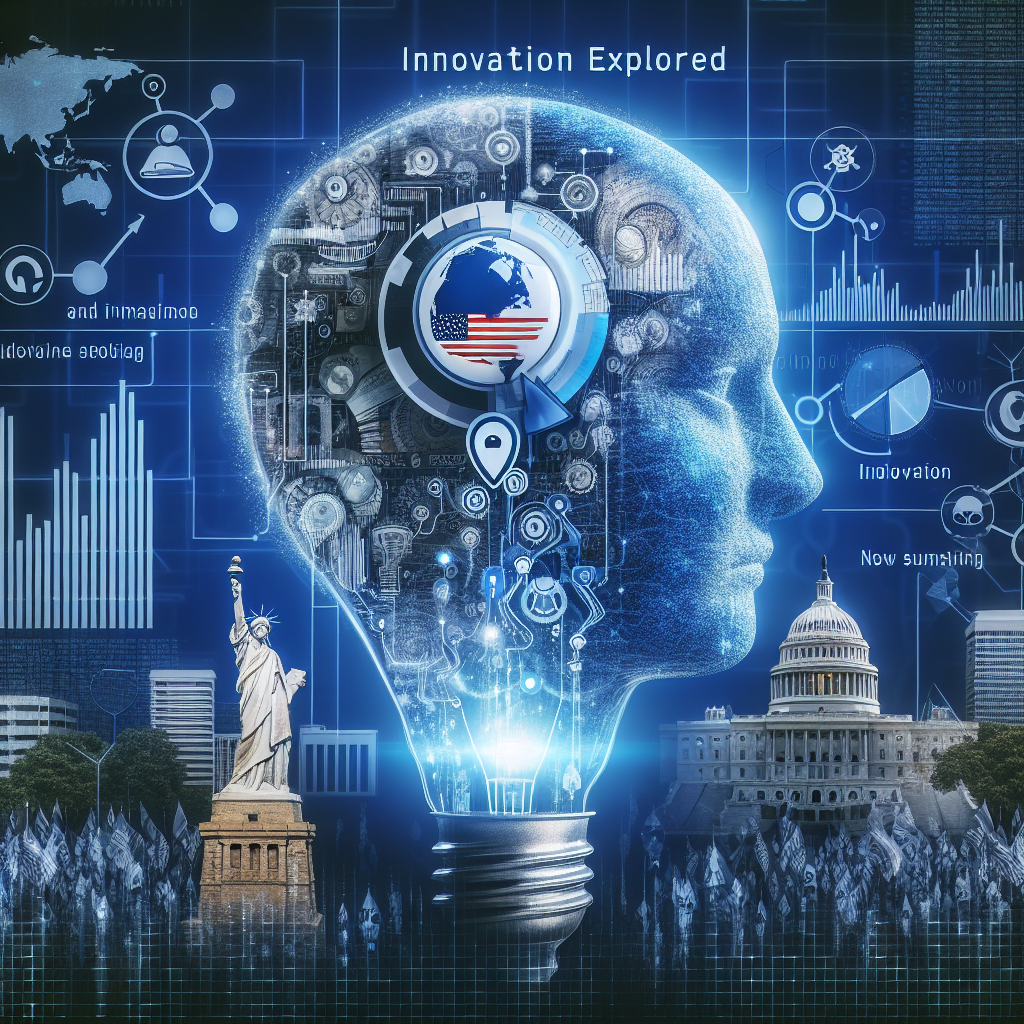“`html
Innovation Explored: AI in Political Analysis
Welcome to an exploration of how Artificial Intelligence (AI) is transforming the world of political analysis. This guide aims to address your burning questions and provide insights into this fascinating intersection of technology and politics.
What exactly is AI doing in the realm of political analysis?
Great question! Essentially, AI is being used to process and analyze vast amounts of data that surround political events, behaviors, and trends. This includes everything from social media posts and news articles to voting records and public opinion surveys. The end goal? To gain insights that are more comprehensive and timely than humans could achieve alone.
How does AI enhance the accuracy of political predictions?
AI uses sophisticated machine learning algorithms to identify patterns and make predictions based on historical and real-time data. Consider it akin to a supercharged analyst who never sleeps. These algorithms can pick up on subtle shifts in public opinion or detect emerging trends that might influence electoral outcomes. This leads to more accurate and nuanced predictions than traditional methods might offer.
Can AI replace human political analysts?
No, not exactly. While AI provides powerful tools for analysis, the human touch is still essential. Human analysts bring context, intuition, and a nuanced understanding of the socio-political landscape that AI cannot replicate. Think of AI as a valuable assistant that can cover more ground and leave analysts free to focus on making informed, strategic decisions.
Is AI in political analysis ethical?
This is a hot topic! Ethical use of AI in politics involves ensuring transparency, avoiding bias in algorithms, and respecting privacy rights. It’s crucial that any analysis respects democratic values, and organizations using AI have ethical guidelines in place. Engaging in discussions about how data is sourced and used plays a vital role in maintaining ethics in AI.
How might AI influence public opinion?
AI has the potential to shape public opinion by curating and delivering content to individuals in a highly personalized way. This means AI can both inform and manipulate audiences based on the data insights it generates. Therefore, understanding its influence is key to ensuring a fair and balanced dissemination of information.
What are the benefits of using AI in political analysis?
- Processing vast datasets almost instantaneously.
- Providing insights into complex patterns and trends.
- Enhancing the understanding of voter behavior.
- Improving campaign targeting through better segmentation.
- Reducing human error in data analysis.
Are there any cons to using AI in political analysis?
- Potential for algorithmic bias impacting outcomes.
- Risk of data privacy breaches.
- Possible over-reliance on technology leading to a diminished role for human intuition and experience.
- Ethical challenges surrounding transparency and accountability.
The fusion of AI with political analysis offers exciting new possibilities but also necessitates thoughtful consideration of ethical implications, potential biases, and the indispensable value of human insight. As technology continues to evolve, so too will its role in politics, charting a path for innovative, informed decision-making.
Have more questions about AI in political analysis? Feel free to reach out or leave a comment below!
“`
